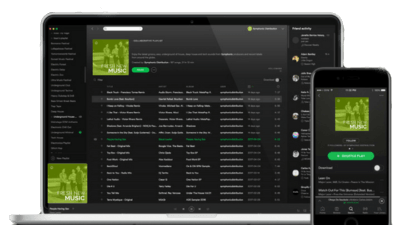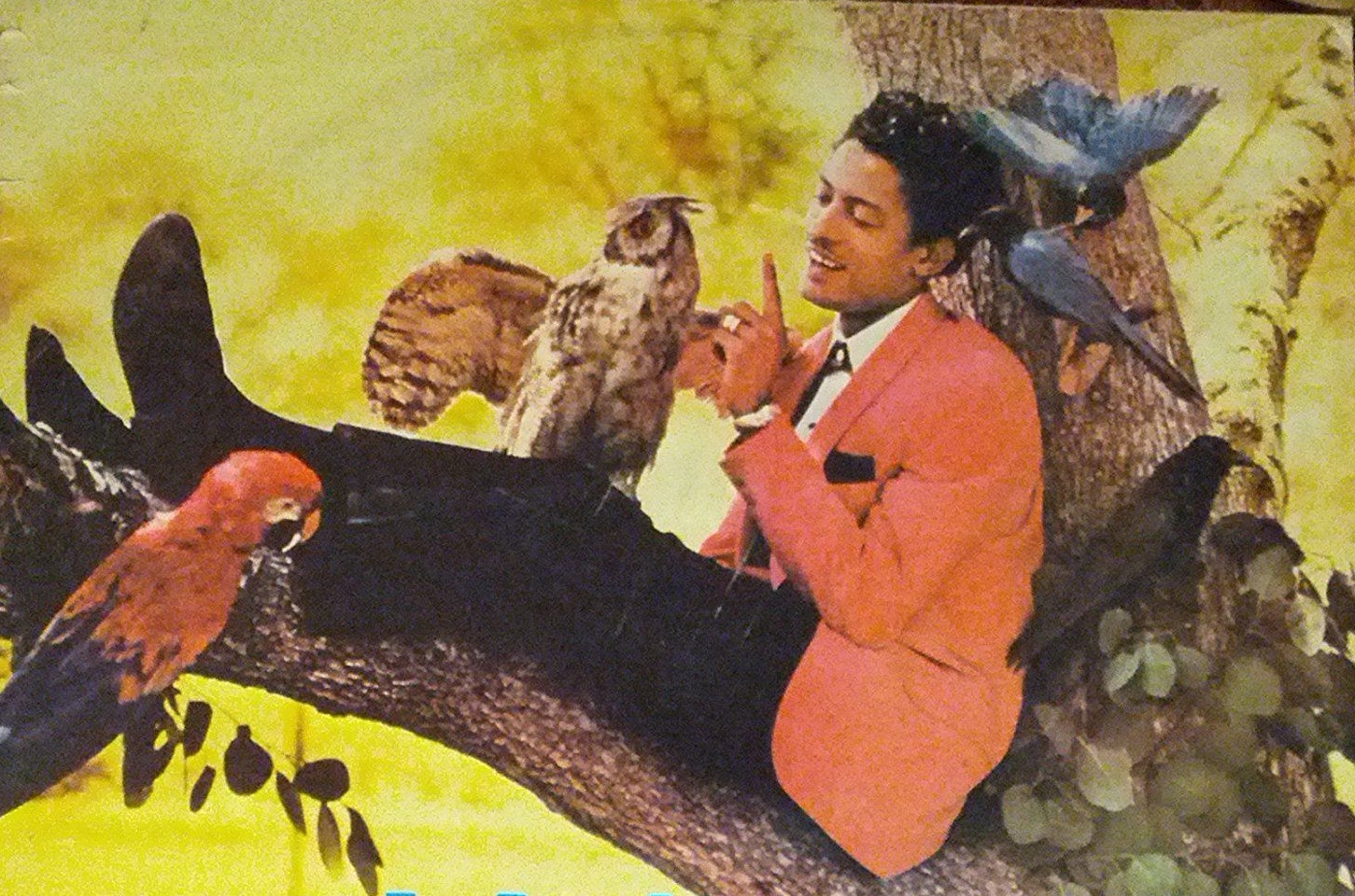FINDING THE RIGHT TUNE
or how do you track down the songs
HAVE AN OPEN MIND DURING YOUR MUSIC QUEST
That’s Key by tracking down the music which makes the person with dementia happy. It’s possible that a person who loved classical music now happily sings along with old folk songs or is at ease with religious music.
You have to find the music that the person with dementia likes now! The best way to find the right tune is sitting together with the person with dementia and play music on your tablet or phone, you see directly if the music is right or not.
Maybe it is not the music you expected or the music you want that somebody likes, but the only thing that Counts & Works is what the person with dementia likes. That’s the only music which will make the daily care easier.


TRACKING DOWN THE RIGHT MUSIC CAN BE A FUN ACTIVITY.
You can learn unknown things about the one with dementia by walking through his musical past. The Music Discovery List and the 15-25 rule helps you to find the right music. Download your Discovery list and let’s start!
The search for the right tune is a great opportunity for children and grandchildren to learn more about their parents or grandparents with dementia.
Taking part in this musical adventure you come in touch with music of previous generations, fun for the youngsters 🙂
TRY TO AVOID ASKING QUESTIONS AS QUESTIONS ARE DIFFICULT FOR A PERSON WITH DEMENTIA
When the demenatia fog makes it difficult to answer a question, an escape is saying Yes, No or I don’t know. But you don’t know if you find the right song or that the person with dementia is moving along with you.
Of course this is not because the person does not “want” to give, the right answer. It is due to the dementia haze that she or he cannot find or express the correct answer. Please understand this and have compassion for this.
So instead of asking which music do you like? “Sing” the tune or play the music on your phone or tablet. In this way, the person with dementia does not have to answer difficult questions, and you will immediately notice if the music is recognized and you have both fun 🙂

A GOOD START ARE THE SONGS OUT SOMEONE’S 15-25 PERIOD
These songs aciveted memories, talk about the emerged memories, this can lead you to other songs. Is the song recoings put it in a list and make note of the story you heard. Later you can use these notes for conversations piece.
Calculate the 15-25 period
The year of birth…………..
Add 10 years to the year of birth…………..…
Add 25 years to the year of birth………………
The 15-25 period is between the two dates
Put Spotify or Youtube on your phone or tablet and start your quest “Finding the right Tune” have fun.
KEEP THE MUSIC DISCOVERY LIST CLOSE TO YOU
When you try out the 15-25 music. Beacause when memories are comming up and you have contact, it’s a great oppertunity to talk about subjects of the Discovery list.
Just as by care actions the atmosphere is key. As in an ambiance where people with dementia feel, I may make mistakes, I may forget, I will not be judged and condemned, I’ll be accepted as I am. In that ambiance people with dementia feel free to speak about the music of thier life.
So take your time, don’t be in a hurry make the way to your goal a happy one. You don’t have to finsish the playlists next week.
The most important thing is that you working on it, that you have contact, converstation piece, a good time, that are golden moments in the dementia haze. Don’t miss these by beining in a hurry




NO COMMUNICATION THEN USE BODY LANGUAGE
How do you know which music gives the person with dementia pleasure and feelings of safety and home when communication is no longer possible?
You use body language. You observe the person with dementia attentively and look for signs of recognition and appreciation.
Look at the person’s face do you see signs of tension or is it relaxed and peaceful with maybe a smile? Watch the hands and feet are they tense, or are they at ease, tapping along with the music?
Observe the eyes a change here can be “miniscule” but tells a lot about somebody’s interaction with the music.
FOUND THE SONGS AND THEN?
Oke, now you have a box filled with songs, and if that box is half full or filled to the brim, it doesn’t matter.
The most important thing is that you start searching and working with music. Take your time, make it fun and most of all try Music & Sounds out. T
The next step dividing the founded songs and sounds over The Care Oriented Playlists or any playlist you need or like to have in your unique care situation.


WHAT ARE CARE-ORIENTED PLAYLISTS?
Music-lists which are “specially tuned” for care actions and are in harmony with the different parts of the day and its various activities.
The standard lists are Wakking up, Showering, Exercising, Feeling good, Sleeping music.
But as each person is different and unique, none dementia process runs the same. So none care situation is or will be the same.
If you need other playlists fitting with your care situation, create them and provide them with names. Like dusting-music, gardening-music or washing the car-music. Be creative and don’t forget to make a happy list for yourself. For extra energy in difficults times.
HOW TO MAKE CARE PLAYLISTS?
Calm & Quiet music is preferable for sleeping.
Make a playlist Sleeping music
Look through your founded music for Quiet & Calming songs.
Put all the Quiet & Calming music in the playlist Sleeping music.
There you have your first Care Oriented Playlist
KEEP THE MUSIC DISCOVERY LIST CLOSE TO YOU
That’s the only way to find out if it works in practice. The key to dementia happiness and easy care is using the person with dementia as your care guide and by trying things out.
Trial & Error is the only way! Because the dementia proces can change musical preference. Everything is possible in that magical world of dementia. Think out of the box and try things out!


DON’T FORGET SOUNDS
Sounds can also give peace and bringing memories back. For example nature sounds, soft falling rain, a burning campfire or a driving train.
Think about the sounds of somebody’s past and job, farm sounds for a farmer, a ship motor for a sailor, the typwriter song for the secretary.
Let the person with dementia be your “sound guide” find the right sound by Trial & Error.
You find many examples of sounds on this site and on YouTube you can find nearly every sound you are looking for.



Campfire Sounds On Spotify
FINDING THE RIGHT TUNE IN A NUTSHELL
Start with an open mind (everything is possible)
Download the Musical Discovery list
Create a liberating ambiance
Play 15-25 music
Fill the care orientated playlists
Try them out

Contact me for a reading or
for speaking at your congress
Wanna stay informed?
Subscribe on Blog & More

